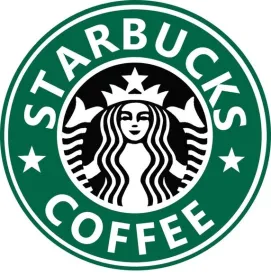The Western District of Washington recently held in Vallianos. v. Schultz, C19-0464-JCC, 2019 WL 4980649 (W.D. Wash. Oct. 8, 2019), that two text messages encouraging recipients to view a livestream of a political speech by the former chairman and CEO of Starbucks Howard Schultz did not amount to “solicitations” under the TCPA. While exploring a run for President, Schultz released a book, “From the Ground Up,” and went on a three-month long cross-country book tour. He also collected from voter records the phone numbers of individuals registered as having “No Party Affiliation” and sent them the text messages at issue. Named plaintiffs Cassandra Vallianos, Stacey Karney, and Mike Barker brought a putative TCPA class action against Schultz alleging that the text messages were sent to them without their consent after they had placed their cell phone numbers on the national Do Not Call Registry.
Specifically, plaintiffs made two claims: first, that Schultz sent the text messages using an auto-dialer and without the plaintiffs’ consent; second, that the calls were solicitations sent in violation of the TCPA’s Do Not Call restrictions. Plaintiffs’ claims were based on two separate text messages Schultz sent Plaintiffs. The first said “Howard Schultz will be speaking in Miami at 12:30! Watch live: >” The second said “Howard Schultz will be speaking about his vision for America in Miami at 12:30! Watch live: >'” Plaintiffs argued that these text messages were “solicitations” under the TCPA because the text messages were sent with the goal of getting recipients to purchase Schultz’s book. Defendant Schultz moved to dismiss only the Do Not Call claim.
Acknowledging that messages that serve a “dual-purpose” by including both advertising and informational communications are solicitations for purposes of the TCPA, the court looked to the context of the messages to determine whether they constituted “solicitations” under the TCPA. The court reviewed the text messages, the webpage to which the text messages directed recipients, and the speech embedded in the website. The court found that the text messages did not facially discuss Schultz’s book. The court also found that the link in both text messages took Plaintiffs to the homepage of Schultz’s website, which included various video clips, including a livestream of Schultz’s speech and a link to a website where consumers could purchase his book. But the court held that the website was not transformed into a solicitation by the “mere inclusion of a link to a website on which a consumer can purchase a product.” The court found that the speech focused on Schultz’s political views and potential run for president, not his book. The court further found that the website was just a way to facilitate viewing of Schultz’s speech. Thus, the court ultimately determined that the messages did not constitute “telephone solicitations” under the TCPA.
With the seemingly never-ending national campaign season chugging along, we expect to see more such claims filter their way through the courts.





 />i
/>i

